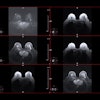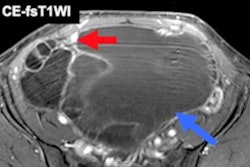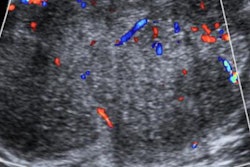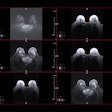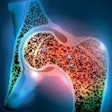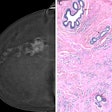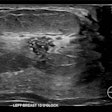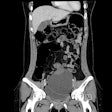Dear Women's Imaging Insider,
It's essential to recognize the features of gynecological diseases with malignant transformation to make a correct diagnosis and select the most appropriate therapeutic strategy, top prize-winning researchers have emphasized.
In work that received a prestigious magna cum laude award at last month's ECR, the authors elaborated on how advanced MRI techniques can make the difference in challenging cases of benign gynecological diseases. Don't miss our news report posted today.
Another eye-catching piece of research presented at the Vienna congress was about the management of breast lesions in children and adolescents. A group from Madrid provided a series of practical tips on how to achieve success in this area.
Monitoring the effects of treatment in patients with metastatic breast cancer is important to ensure that the treatment remains effective. A Danish team has found that using F-18 FDG-PET/CT can improve clinical decision-making, optimize the timing of treatment alterations, and help avoid the use of ineffective toxic and expensive treatments.
Meanwhile, Dutch investigators have reported that ultrasound is an accurate standalone modality in assessing focal breast complaints compared with the combination of ultrasound and digital breast tomosynthesis. They evaluated data from nearly 2,000 women and published their analysis on 4 April.
ChatGPT, the artificial-intelligence (AI) chatbot, is attracting widespread interest right now. One intriguing new study focused on the appropriateness of the software's responses to common questions about breast cancer prevention and screening. The authors developed a 25-question test for the AI to answer. What were their key findings? Learn more from our article.
This letter has highlighted several of the numerous articles posted recently in the Women's Imaging Community. Please take a close look at the full list below, and feel free to contact me if you have ideas for future coverage.




